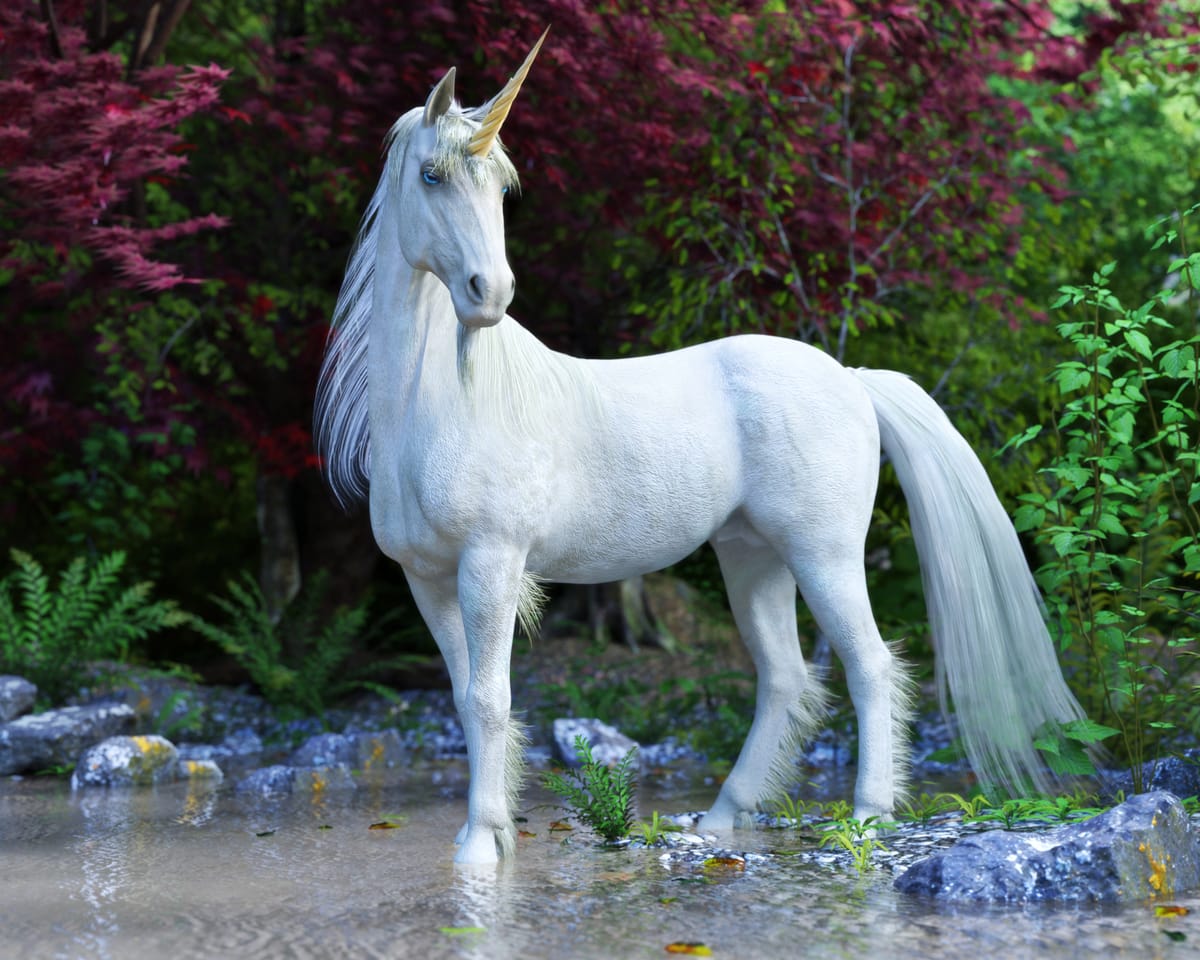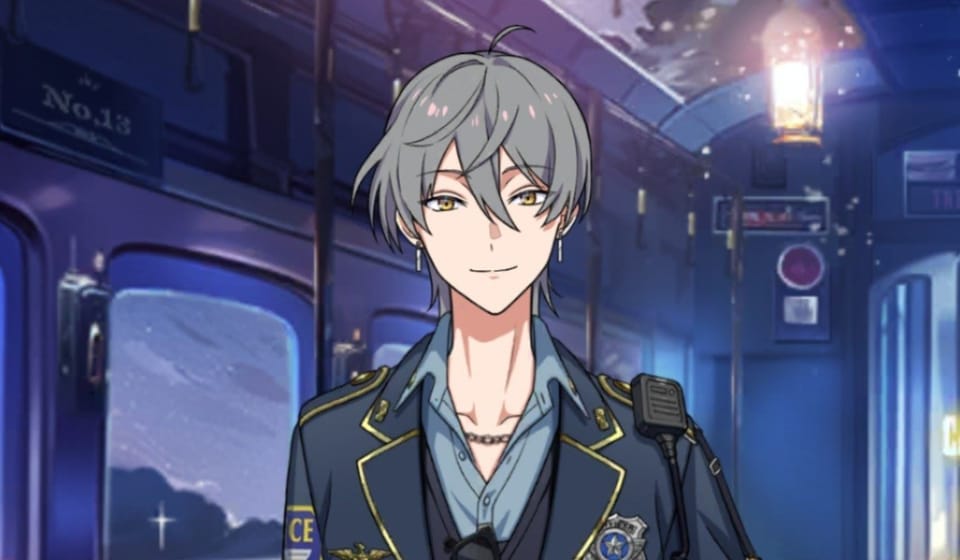Why Allies Are Scared to Write LGBTQ+ Fiction Characters
An unexpected problem

For a while, I’ve been reading this bestselling romantic fantasy series.
But I won’t mention its name for fear of spoiling the plot.
In fact, I’ll use a code name for this series. Let’s call it — Song of the Firebird. I’ll use pseudonyms for the characters as well.
I loved everything about Song of the Firebird. Intriguing story world, fun plot twists, impressive character development, and a great balance between classic tropes and unconventional ideas.
The descriptions are gorgeous and not boring, which is crucial because I’m an impatient reader.
The racial diversity was exceptional, too. Never have I seen darker-skinned faeries in the ruling class, at least in mainstream books.
Yet, I disliked how heteronormative it was.
Not only were there no queer characters, their society also assumed that everyone liked the opposite gender.
So imagine my surprise when I got to book 3, and several queer characters appeared!
To be clear, only one of these characters is new.
The others had already shown up in previous books. But we were never told anything about their sexual orientation back then.
The Lovely Queer Gang
Alanna is a major character who debuted in book 2.
She had many male lovers, so we assumed she was straight.
But she’s actually a closeted lesbian. Her family is horrible, abusive, and believe that women need to marry a husband and have kids.
So Alanna hid her attraction to women to stay safe. Even after she left her family, she didn’t say anything, despite knowing that her friends would be supportive.
A close male friend, Jared, has been in love with her for 500 years. Yes, he’s a hopeless romantic.
Alanna is too afraid to break his heart and lose him as a friend. So she sleeps with other men instead, to make it look like she’s uninterested in him in general.
If he finds out he’s been in love with a lesbian all these centuries, it would spell doom for their friendship, she believes.
Hence, she said nothing. We only learn all this when the protagonist, Laura, confronts her in private.
No, I don’t believe Jared would terminate their friendship because of this. He would be sad, but he wouldn’t blame her for it. He’s too kind to react like that.
As for the other queer characters in the book, one of them was a legendary hero, Tiana. I was thrilled when I saw the phrase “her wife.” Tiana is married to a general who is also a woman.
Another character is a bisexual faerie lord, Eric. He’s fun and flirtatious, and seeks a threesome with a man and a woman.
Yes, you could say that this is a stereotype of bisexuals. But it’s cynical to think that just because a character has a stereotypical trait, that the author must have written them in bad faith.
Eric is much more than just his sexual orientation, after all. He’s a powerful and lovable ally, with his own personality quirks.
Later, we discover that he’s secretly in love with a married woman. And he had fathered her favorite son…
The last named queer character in the book, is another faerie lord, Chase. He has a male lover, who is the general of his army.
Harsh Critiques from Readers?
On the one hand, I’m delighted to see this plethora of queer characters in book 3.
On the other hand, I imagine some readers will complain.
I’m not just talking about the homophobes who complain about anything LGBTQ+.
I’m talking about folks who are either queer themselves or are allies, but have a more pessimistic view of this issue.
Do you remember when J.K. Rowling told us that Dumbledore from Harry Potter was gay?
Many people flipped out on her, thinking that she just wanted to win points with the queer community.
Back before I learned that J.K. Rowling was a shameless transphobe, I thought people were being too harsh.
I don’t always know that my characters are queer or trans until later. What’s wrong with Rowling only finding out afterwards that Dumbledore was gay?
Song of the Firebird’s author does not have J.K. Rowling’s foul reputation, thankfully. But I anticipate a similar concern.
Readers would gripe that the author only “made the characters queer” in book 3 to appease fans.
So her intentions were not sincere, but were just fan service to get more money.
Yet, I don’t believe this was a money grab, especially since she would turn off countless homophobic readers (good riddance, though.)
Admittedly, the queerness was a bit abrupt in book 3, given the strong heteronormativity of the previous books. It felt like I was reading a totally different book.
Critics may even say that it felt forced.
Let’s Be Kinder to the Author
But we don’t need to be so negative.
Firstly, it’s good that an author responded to fan critiques and had more queer representation. While the change was jarring, I would rather an abrupt change than no change.
Second of all, what do you expect the author to do?
She already published those previous books, and they were mega bestsellers. She can’t just go back and revise them, as she would anger massive numbers of fans who have already read books 1 and 2.
In fact, revising the previous books seems more disingenuous to me. I much prefer her to reveal the queer characters in book 3.
After all, even in real life, we don’t always know someone fancies the same gender until much later.
Especially if they have only told us about their opposite gender partners. (Not that their private life is any of our business!)
How often have you assumed that everyone in a group is straight, only to learn that some (or all!) of the members are LGBTQ+?
It’s a lesson I had to learn over and over again.
Even many queer folks assume that the person in front of us is heterosexual. Unless we know for sure that they aren’t.
A big theme in Song of the Firebird, is realizing that someone may be completely different from what you believed.
So believing that a character is straight, only to discover that she’s a closeted gay girl, tracks with this theme.
This Other Fantasy Series Has a Late Queer Reveal Too
In a similar vein, there’s this other bestselling fantasy series.
I’ll give it the code name Swords and Stones, and again I’ll use pseudonyms for the characters.
In the Swords and Stones trilogy, there was no mention of LGBTQ+ people. Except in the last book. We learn that a pair of female characters, Nina and Fay, are dating each other.
Years ago, I spoke to another queer bookworm about this series. They told me that the author put in gay characters as an afterthought, that there were two lesbians kissing in the last book.
At first, I believed them. But when I read the trilogy myself, I was happy to see Fay and Nina get together.
Plus, when the reader told me about the lesbians kissing in the last book, I got the impression that they were two minor characters we had never seen before, put there for the sake of tokenism.
Yet, Nina and Fay, though not the protagonists, were still important characters. They first appeared in book 2, where many of the key players were introduced.
Again, we can’t always tell that someone is queer from the start. Unless they come out to you, or they’re in a relationship with someone of the same gender.
Sure, it’s possible that the author wanted to people please, and “made” the two characters gay in the last book just for the sake of it.
But honestly, the author is in a difficult situation. I’d much rather they “add” queer characters late, than to not have any at all.
At least Fay and Nina are major characters and have appeared earlier in the series. Plus, they are portrayed positively, and have a happy ending.
My Controversial Take
Some readers give authors such a hard time.
I would much rather an ally try and do it imperfectly, than to not try at all.
Moreover, we have no idea whether these authors are cisgender and heterosexual. Many LGBTQ+ folks are closeted, and some don’t realize they’re queer until much later in life.
But even if they are cis and straight, why be so harsh? I’m not saying they can’t improve.
Of course, ideally, I’d like queer characters revealed to me in book 1. That didn’t happen in either Song of the Firebird or Swords and Stones. Maybe because the author overlooked it, or because it wasn’t relevant to the plot in book 1.
But revealing it in book 2 or later, is much better than nothing. As they say, better late than never!
Also, when it comes to learning, it’s more helpful to encourage than to punish.
If the author looks like they put in an honest effort, given their circumstances (e.g. only realized after fan feedback that they lacked queer characters), it’s better to encourage them to keep doing it.
It’s not helpful to yell at them about something that has already happened that they can’t change.
E.g. Unpublishing all those bestselling prequels and writing them again. Much better to just move forward and improve in future books.
After all, human beings are more likely to do something again if they were praised. They’re less likely to do it again if they were punished.
I care about effort and improvement, not perfection. So looking to the future rather than griping about the past.
What do you think? Do you agree that we can be too harsh on writers sometimes, if they include queer characters in later books?
If you want more unconventional insights on fiction writing, let’s stay in touch!



